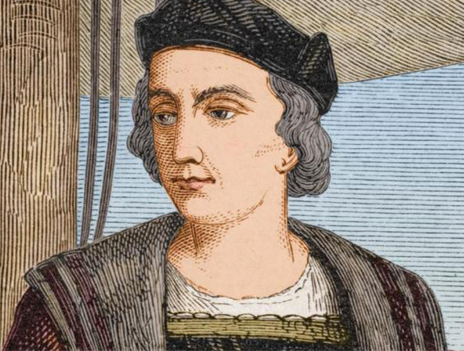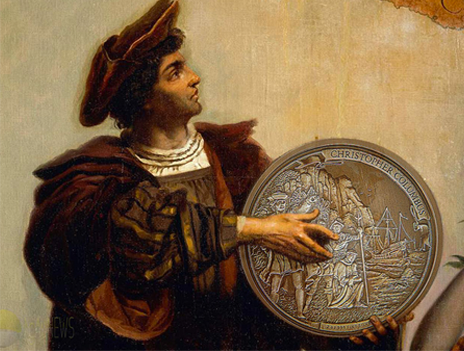
Modern attacks on Columbus are sometimes unknowingly influenced by centuries-old anti-Spanish propaganda.

Who was Christopher Columbus?
Featured Video
“La Leyenda Negra”
Columbus’ legacy suffers, in part, due to propaganda and revisionist histories of 16th-century writers who sought to cast Spain and its people in a negative light as “cruel, bigoted, exploitative and self-righteous in excess of reality,” in the words of the late ethno-historian Charles Gibson. Known as “La Leyenda Negra,” this propaganda was fueled by the English and Dutch, who competed with Spain in settling the New World, and by Protestant antipathy toward Catholic Spain.
In his book “Tree of Hate: Propaganda and Prejudices Affecting United States Relations with the Hispanic World,” the late historian Philip Wayne Powell describes the “La Leyenda Negra” as “the accumulation of anti-Spanish prejudices, propagandas, hatreds, and denigratory half-truths arising out of Spain’s long stay at the European summit in military, dynastic, religious, and economic affairs; all enhanced by the much-envied wealth and prestige of vast overseas possessions.”
“La Leyenda Negra” still has influence today, and Christopher Columbus – who sailed for Spain – is one of its victims. Some of the modern attacks on Columbus unintentionally bear the mark of this centuries-old propaganda.
© 2017 National Christopher Columbus Association. All Rights Reserved.
